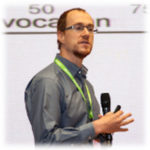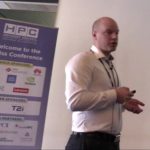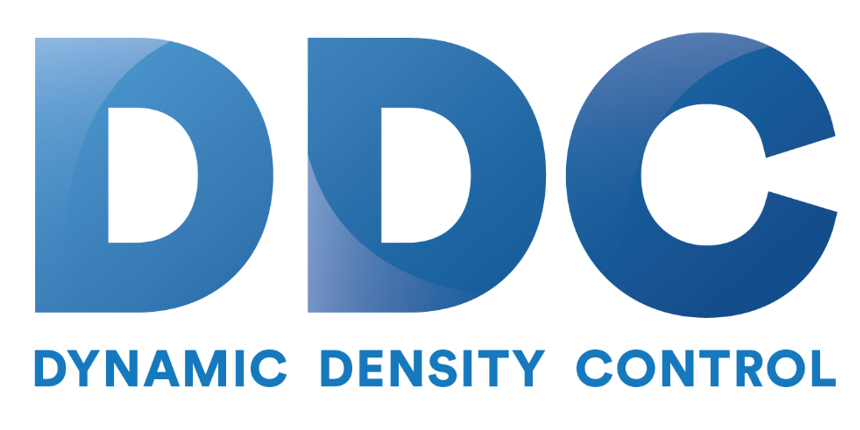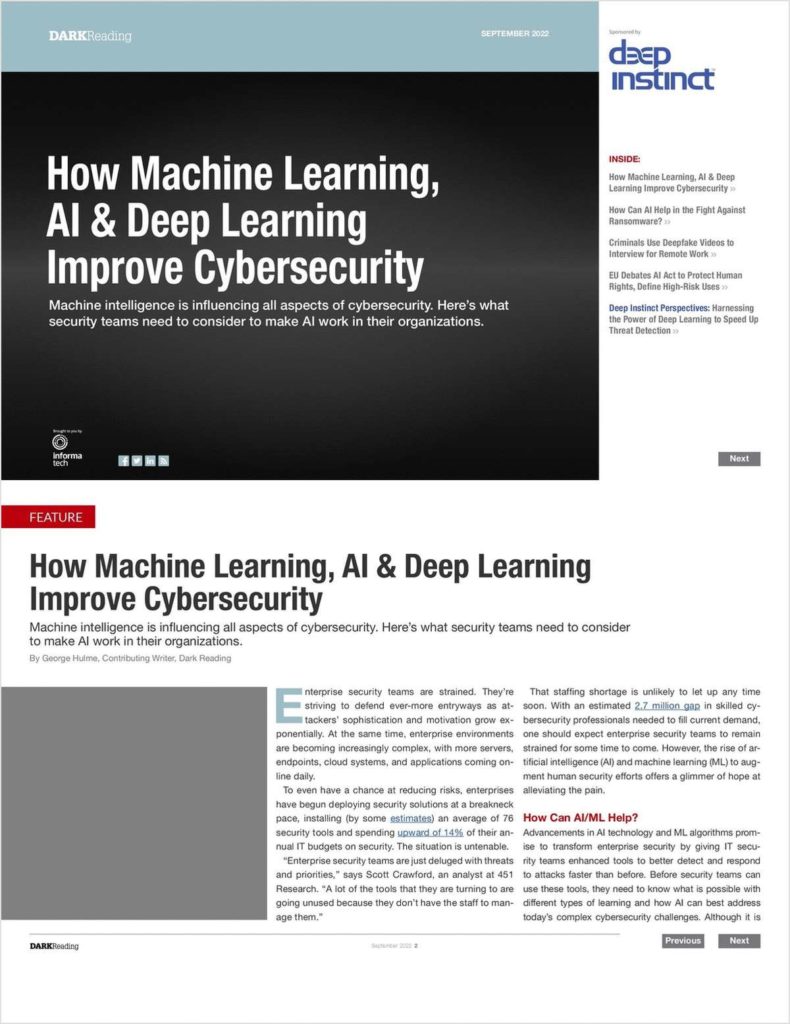“Scientifico ReFrame is a new framework for writing regression tests for HPC systems. The goal of the framework is to abstract away the complexity of the interactions with the system, separating the logic of a regression test from the low-level details, which pertain to the system configuration and setup. This allows users to write easily portable regression tests, focusing only on the functionality. The purpose of the tutorial will be to do a live demo of ReFrame and a hands-on session demonstrating how to configure it and how to use it.”
ReFrame: A Regression Testing Framework Enabling Continuous Integration of Large HPC Systems
Kubernetes as a Service Built on OpenStack
Saverio Proto from SWITCH gave this talk at the Swiss HPC Conference. “At SWITCH we are looking to provide a container platform as a Service solution. We are working on Kubernetes leveraging the Openstack cloud provider integration. In this talk we show how to re-use the existing keystone credentials to access the K8s cluster, how to obtain PVCs using the Cinder storage class and many other nice integration details.”
Exploiting HPC Technologies for Accelerating Big Data Processing and Associated Deep Learning
DK Panda from Ohio State University gave this talk at the Swiss HPC Conference. “This talk will provide an overview of challenges in accelerating Hadoop, Spark, and Memcached on modern HPC clusters. An overview of RDMA-based designs for Hadoop (HDFS, MapReduce, RPC and HBase), Spark, Memcached, Swift, and Kafka using native RDMA support for InfiniBand and RoCE will be presented. Enhanced designs for these components to exploit NVM-based in-memory technology and parallel file systems (such as Lustre) will also be presented.”
Video: The Convergence of HPC and Deep Learning
Axel Koehler from NVIDIA gave this talk at the Switzerland HPC Conference. “The technology originally developed for HPC has enabled deep learning, and deep learning is enabling many usages in science. Deep learning is also helping deliver real-time results with models that used to take days or months to simulate. The presentation will give an overview about the latest hard- and software developments for HPC and Deep Learning from NVIDIA and will show some examples that Deep Learning can be combined with traditional large scale simulations.”
Video: State of Containers and the Convergence of HPC and BigData
Christian Kniep from Docker Inc gave this talk at the 2018 Swiss HPC Conference. “This talk will recap the history of and what constitutes Linux Containers, before laying out how the technology is employed by various engines and what problems these engines have to solve. Afterward Christian will elaborate on why the advent of standards for images and runtimes moved the discussion from building and distributing containers to orchestrating containerized applications at scale. In conclusion attendees will get an update on how containers foster the convergence of Big Data and HPC workloads and the state of native HPC containers.”
Video: Demystifying Parallel and Distributed Deep Learning
Torsten Hoefler from (ETH) Zürich gave this talk at the 2018 Swiss HPC Conference. “Deep Neural Networks (DNNs) are becoming an important tool in modern computing applications. Accelerating their training is a major challenge and techniques range from distributed algorithms to low-level circuit design. In this talk, we describe the problem from a theoretical perspective, followed by approaches for its parallelization.”
Preliminary Agenda Posted for HPC Advisory Council Swiss Conference
The HPC Advisory Council has posted their meeting agenda for their Swiss Conference. Held in conjunction with HPCXXL, the event takes place April 9-12 in Lugano, Switzerland. “Delve into a wide range of interests, disciplines and topics in HPC – from present day application to its future potential. Join the Centro Svizzero di Calcolo Scientifico (CSCS), HPC Advisory Council members and colleagues from around the world for invited and contributed talks and immersive tutorials at the ninth annual Swiss Conference! Knowledgeable evaluations, prescriptive best practices and provocative insights, the open forum conference brings together industry experts for three days of highly interactive sessions.”
Swiss HPC Conference Returns to Lugano in April with Winter HPCXXL User Group
Today the HPC Advisory Council announced that registration is now open for the Swiss HPC Conference. The event takes place April 9-12 in Lugano, Switzerland. For the first time, the conference will be held in concert with the Winter HPCXXL User Group meeting. “We are very excited to organize a joint conference here in Lugano, bringing together the communities of HPCAC and HPCXXL,” said Hussein Harake, HPC system manager, CSCS. “We believe that such a collaboration will offer a unique opportunity for HPC professionals to discuss and share their knowledge and experiences.”
Video: HPC at NIBR
“Focused on High Performance and Scientific Computing at Novartis Institutes for Biomedical Research (NIBR), in Basel Switzerland, Nick Holway and his team provide HPC resources and services, including programming and consultancy for the innovative research organization. Supporting more than 6,000 scientists, physicians and business professionals from around the world focused on developing medicines and devices that can produce positive real-world outcomes for patients and healthcare providers, Nick also contributes expertise in bioinformatics, image processing and data science in support of the researchers and their works.”
Trends in Systems and How to Get Efficient Performance
Martin Hilgeman from Dell gave this talk at the Switzerland HPC Conference. “With all the advances in massively parallel and multi-core computing with CPUs and accelerators it is often overlooked whether the computational work is being done in an efficient manner. This efficiency is largely being determined at the application level and therefore puts the responsibility of sustaining a certain performance trajectory into the hands of the user. This presentation shows the well-known laws of parallel performance from the perspective of a system builder.”












